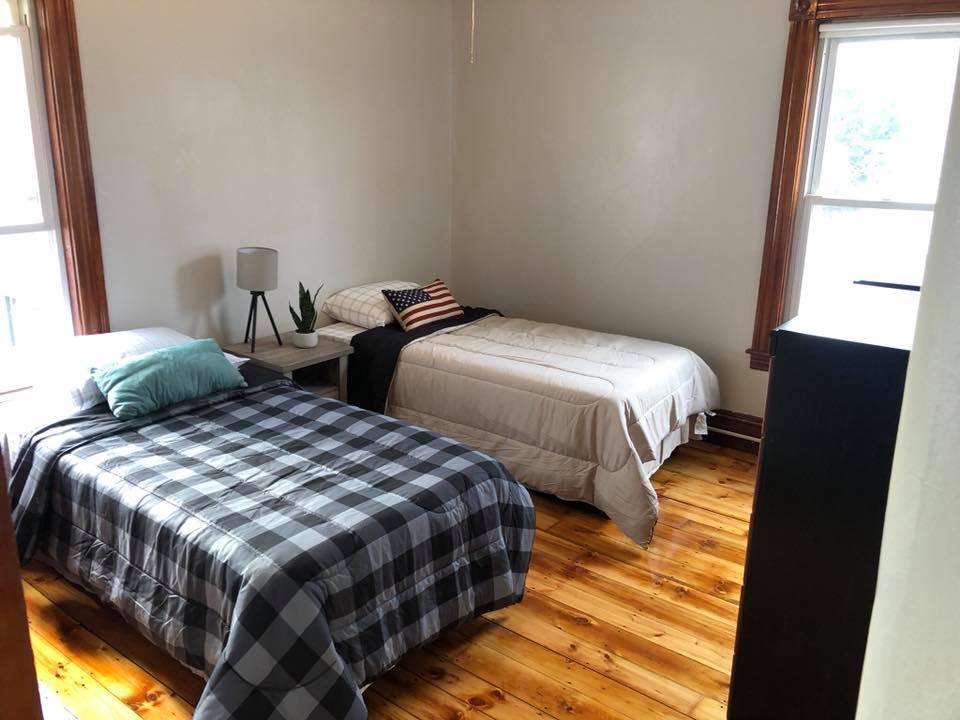Why do so many people in recovery choose to make sober living a part of their journey? The answer is not difficult to understand. Sober living can benefit a person’s recovery in a few unique ways — at Live Free Recovery Services, we see it every day.
Here are the top four benefits of choosing to live in a sober living house while you work to build a healthier future.
1. Sober Living Eases the Transition Back Into Society from Rehab
Many people who enter a sober living situation do it immediately after leaving an inpatient rehab center. If you’re exiting full-time addiction treatment, an immediate return to harsh society — where many people won’t understand what you’re going through — can be jarring.
By adding a stop in a sober living home, you can continue to receive treatment and guidance from professionals while staying in your comfort zone with a group of housemates who understand how difficult your journey truly is.
2. Sober Living Helps You Build Critical Life Skills
Sober living provides ample opportunities to practice the skills learned during treatment. Addiction can rob people of their formative years which can make it more difficult to adjust to recovery.
In a sober living house, residents cook and clean for themselves and their housemates. They get the chance to build a normal routine that’s impossible to build in active treatment and closer to the type of routine they’ll keep after transitioning back into everyday life.
It’s normal to worry that you’re not ready to transition fully out of rehab — you can think of sober living as a test run for your future.
3. Sober Living Reduces the Risk of Relapse
Statistically, the risk of relapse is highest immediately after a person leaves treatment. Spending time in sober living mitigates this risk and provides comprehensive support — both from peers in the house and from treatment staff — during this difficult time.
Additionally, a key contributor to relapse after rehab is loneliness and isolation after rejoining everyday life. When you’re in recovery, you may not be able to go back to your old social groups. Your family and friends may not understand what you’re going through, and as a result, it’s easy to feel lonely and isolated.
This isn’t the case in sober living. You’ll never be too far from continuing intervention and treatment when sobriety feels difficult to sustain.
4. Sober Living Provides a Community of Support
Sober living also provides accountability that helps extend the potential of recovery. Often, housemates will attend group and 12-step meetings together, strengthening their bonds and the feeling of being responsible not only for themselves, but each other.
In sober living, if you suffer a setback, it’s ok. Your housemates will be there to provide support. You’ll be surrounded by supportive faces who are fighting with you and for you, both now and in the future — people who live in a sober home together typically form lifelong friendships.


